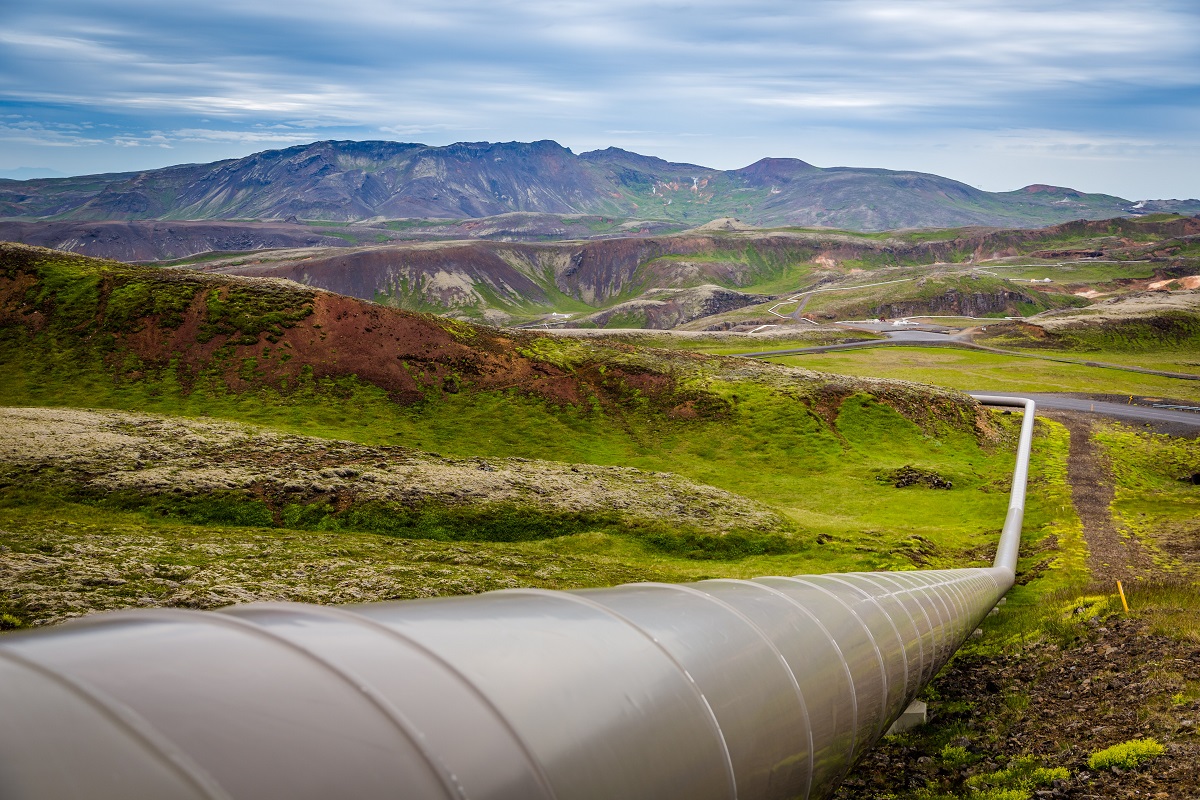A new attempt was made to increase the energy stability of the European Union (EU), in Baku, Azerbaijan at the eighth Ministerial Meeting of the Southern Gas Corridor Advisory Council, held on February 4, 2022. The enormous rise in energy prices caused by the reduced quantities of gas that Russia supplies to the EU, the green transition in the EU that affected the quantities of produced domestic energy, the pandemic, and other factors create additional pressure for greater commitment to gaining energy security. Tensions on the Russian-Ukrainian border have further accelerated this process.
In order to reduce the energy dependence of Russia, the EU is continuing its efforts to find additional quantities of gas, from other sources. Increasing the amount of gas through the Southern Pipeline was one of the topics of the Ministerial Meeting in Baku. Following the major price energy crisis in the EU, mainly as a result of declining gas volumes, this issue is vital to the EU economy and geostrategic position as well.
At the meeting in Baku, EU Energy Commissioner Kadri Simon discussed the possibilities of increasing the amount of gas thrown out Southern Gas Corridor.
After the meeting in the official press release, European Commission notifies that they welcome the efforts for the full-scale operation of the SGC, and its contribution to the provision of reliable, competitive, and affordable energy supplies from the Republic of Azerbaijan to markets in Georgia, Turkey, and Europe. In the press release, they stressed that this project will support future energetic stability of the EU throw diversification of energy supplies of natural gas, but also it will support the development of the gasification process in Western Balkan.
Alternative roads that will provide gas from sources other than Russia are key for political and geostrategic issues to EU and NATO as well. Energy is crucial in building strong geostrategic positions, so the tendency to provide more energy roads (gas pipelines) that will deliver energy from many different sources is more than understandable. The outcome is clear, greater energetic stability, but also the neutralization of Russia’s role, which is certainly easy to imagine but not easy to realize.
The situation in the medium term is becoming delicate again and requires a really wise approach that will be supported not only bilaterally, but more multilaterally. The effort of many different political factors is necessary.
Construction of a pipeline to transport gas from Azerbaijan and Turkmenistan began with opposition from Russia and Iran, but the project – Trans Anatolia natural gas pipeline project (TANAP) was built and brings gas to Turkey. Southern Gas Corridor, an extension of TANAP delivers natural gas through Greece, Albania, and Italy and to EU countries. After the meeting in Baku, the Turkish minister for energy and natural resources Fatih Dönmez said that Azerbaijani authorities have ramped up efforts and investments to increase production at its Caspian Sea gas fields. According to his statement in Baku, the annual capacity of TANAP will be increased from 16 billion cubic meters to 31 billion cubic meters.

As efforts are made to secure new gas corridors for the EU that bypass Russian gas, another process is mounting in the east. Russia is no longer the biggest competitor to the EU in Turkmenistan for gas supply, as it has been replaced by China. Turkmenistan is rich in energy resources, while China has a huge market, and the two countries have great economic complementarily and are determined to co-operate. The rich gas resources of Turkmenistan contribute to China’s goal of diversifying energy imports and security of the energy.
Southern Gas Corridor, however, is a step forward for greater diversification of natural gas supplies to the EU, which has the potential for further development, especially if the capacity for gas delivery is increased. Of course, these quantities do not meet the needs of consumers, but they can significantly contribute to greater energetic security. On the other hand, the development of this project can play a key impact on greater energy stability in the Western Balkans. SGC has also a big potential for motivating and developing complementary projects, such as the Greece-Bulgarian interconnector, which will carry gas from not only Azerbaijan but at the same time Greek LNG terminals to Bulgaria and another country in the region. For example, natural gas from SGC through TANAP will motivate the gasification process of Albania, which currently has no gas network.
There is no doubt that the development of new gas pipelines is an important policy and economic process, which in addition to other measures and efforts in the Union will contribute to greater energy security, but also easier transition to green energy, a process whose successful implementation is necessary to ensure a secure supply of natural gas. On the other hand, this process is important for the development of events in the East, also in political and economic terms. In the end, emerging economies such as those in the Western Balkans will also benefit from TAP and SGC, which will benefit from this project along the way.

